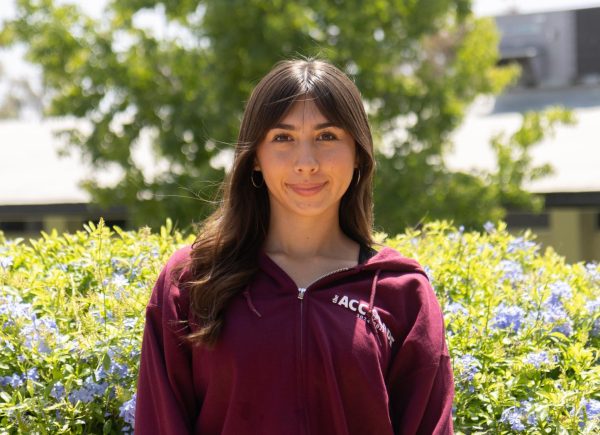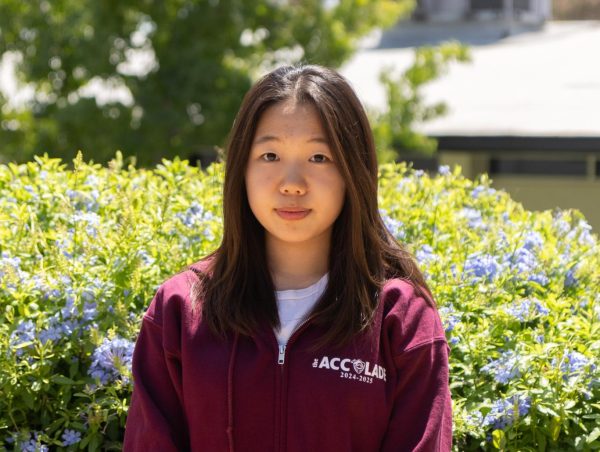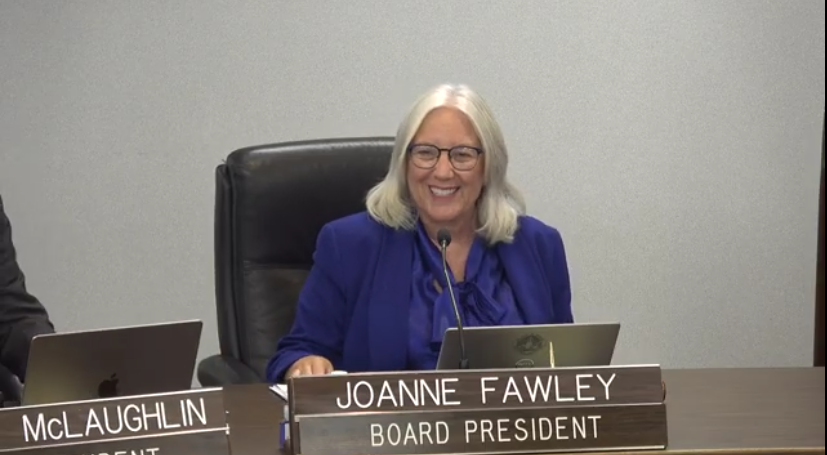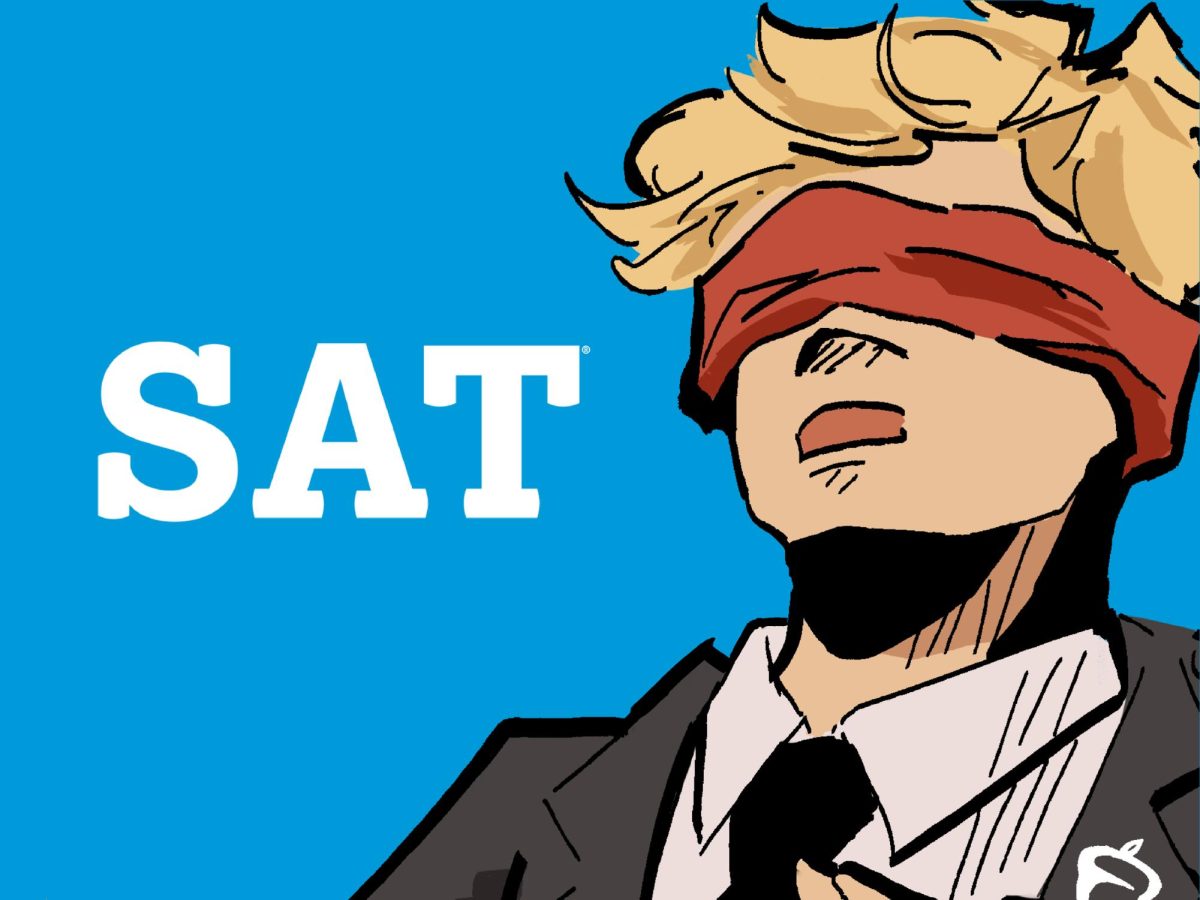
Donate to The Accolade
$175
$1000
Contributed
Our Goal
Your donation will support the student journalists of Sunny Hills High School. Your contribution will allow us to purchase equipment and cover our annual website hosting costs.
About the Contributors

Alexxa Berumen, Editor-in-Chief
Senior Alexxa Berumen returns for her final year on The Accolade staff as the editor-in-chief. She has been incredibly grateful for the opportunities that this publication has given her and is excited to help further the outstanding legacy that The Accolade carries. Working to refine both her own skills and the publication itself, Berumen hopes to help produce magazines that everyone on campus can pick up and cherish.
Outside of The Accolade, she enjoys eating new foods, reading and listening to music.

Seowon Han, Web Editor-in-Chief
For her third and final year on staff, senior Seowon Han returns excitedly to oversee The Accolade‘s website as the web editor-in-chief. Serving as a Spotlight editor and business manager her junior year, Han experienced writing for every section and covered a range of topics while bringing an engaging voice. This year, she looks forward to enhancing the Accolade website through its new Korean-language section titled “한국어” to spotlight more perspectives on Korean culture and experiences and include a large population on the Sunny Hills campus in the publication. On top of this, the web editor-in-chief aims to provide frequent updates with various content, include more interactive multimedia elements and continue taking photos to showcase on the website.
Outside of The Accolade, Han enjoys staying involved around the campus through several clubs as a president and cabinet member. In her spare time, she takes pleasure in listening to music and playing her instrument.








